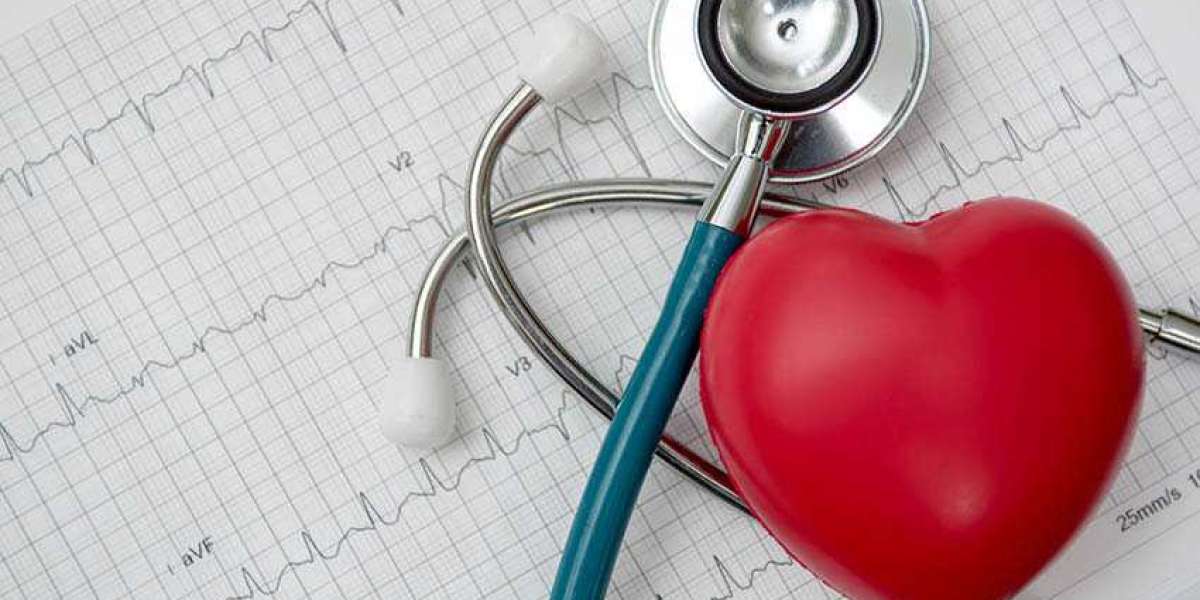Introduction:
Regular heart checkup packagesplay a crucial role in maintaining cardiovascular health and detecting any potential issues at an early stage. With numerous tests available, it can be overwhelming to determine which ones are the best for a comprehensive heart checkup. In this informative blog, we will explore some of the most important and effective tests that can provide valuable insights into your heart health.
Electrocardiogram (ECG/EKG):
An ECG is a standard and non-invasive test that measures the electrical activity of your heart. It helps identify irregular heart rhythms, signs of a previous heart attack, and potential abnormalities in the heart's structure or function. ECGs are quick, painless, and widely accessible, making them an essential part of any heart checkup.
Echocardiogram:
An echocardiogram utilizes sound waves to create detailed images of your heart's structure and function. It can assess the pumping ability of your heart, detect abnormalities in the valves or chambers, and evaluate blood flow. Echocardiograms are valuable for diagnosing conditions like heart failure, valve disorders, and congenital heart defects.
Stress Test:
A stress test, also known as an exercise stress test, measures your heart's performance during physical activity. Monitoring your heart rate, blood pressure, and ECG while you exercise, helps evaluate the heart's response to stress and detect any potential blockages or abnormalities in blood flow. Stress tests are beneficial for diagnosing coronary artery disease.
Lipid Profile
A lipid profile test involves a blood test to measure various types of cholesterol and triglyceride levels. Elevated LDL cholesterol (often called "bad" cholesterol) and triglycerides can contribute to the development of heart disease. A lipid profile provides valuable information about your lipid levels and helps assess your risk of developing cardiovascular problems.
Cardiac CT Scan:
A cardiac computed tomography (CT) scan utilizes X-rays to create detailed images of your heart and blood vessels. It can detect calcium deposits in the arteries (calcium scoring) and assess the presence of plaque or blockages. Cardiac CT scans are beneficial for identifying early signs of coronary artery disease and determining the need for further intervention.
Read More: Disprin Tablet Uses in Hindi
Conclusion:
When it comes to heart checkups, a combination of tests provides a comprehensive evaluation of your heart health. The tests mentioned above, including ECG, echocardiogram, stress test, lipid profile, and cardiac CT scan, each serve a specific purpose in assessing different aspects of your cardiovascular system. It is essential to consult with a healthcare professional to determine which tests are most suitable for your individual needs and risk factors. Regular heart checkups empower you to take proactive steps towards maintaining a healthy heart and reducing the risk of cardiovascular diseases.



